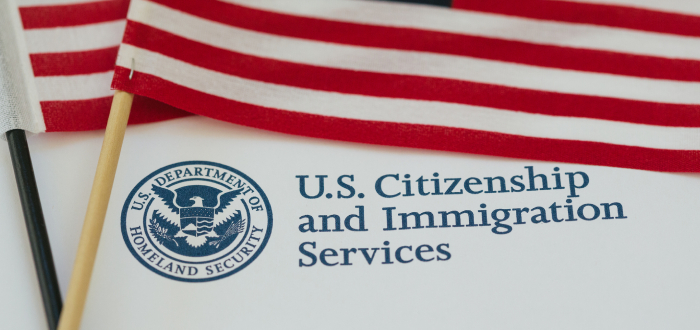On October 2, 2024, U.S. Citizenship and Immigration Services (USCIS) released new guidelines to make the EB-1 Extraordinary Ability visa (E11) process clearer. The changes aim to help applicants understand the kind of evidence they need to prove they have extraordinary ability in their field. This update gives more details on how...

New 36-Month Green Card Validity for Lawful Permanent Residents
Starting September 10, 2024, U.S. Citizenship and Immigration Services (USCIS) has introduced a significant change for lawful permanent residents. Those filing Form I-90 to renew their Green Card will now receive an automatic 36-month extension of their Green Card’s validity. This marks an increase from the previous 24-month extension, providing applicants more...

Qualifying for a T Visa After Being Trafficked Outside the U.S.
Human trafficking is a global issue, and many victims end up in the United States due to their traffickers’ exploitation. If you were trafficked outside the U.S. but later arrived here as a result of that trafficking, you may still qualify for a T visa. The T visa is specifically designed to...

Can I Qualify for VAWA If I Am Still Living with My Abuser?
Understanding VAWA’s Protections
Yes, you can still qualify for VAWA (Violence Against Women Act) even if you are currently living with your abuser. VAWA was designed to protect victims of abuse—whether physical, emotional, or psychological—regardless of their current living situation. The law recognizes the difficulties and dangers victims may...

How a Criminal Record Can Impact Your Immigration Status
A criminal record, whether from the U.S. or abroad, can have serious consequences on your immigration status. Certain offenses may prevent you from entering the U.S., lead to visa denial, or result in deportation, even if you hold a valid green card. The Immigration and Nationality Act (INA) categorizes crimes into two...

Immigration Relief for Victims of Trafficking: The T Visa
For victims of human trafficking, the trauma of their experience can be compounded by the fear of navigating the U.S. immigration system. Thankfully, there is a specific form of immigration relief available – the T visa. This visa provides a way for noncitizen victims of trafficking to remain in the United States...

Benefits of Getting a Green Card
Obtaining a green card, also known as permanent residency, offers a wide range of benefits for those looking to establish a stable life in the U.S. Whether you’re coming to the U.S. for work, family reunification, or to pursue personal goals, obtaining a green card opens up opportunities that temporary visas cannot...

Visa Options for Artists and Athletes: An Overview of the O-1 and P-1 Visas
Securing the right visa is crucial for artists and athletes aiming to work in the U.S. The O-1 and P-1 visas offer unique opportunities tailored to those with extraordinary abilities and international recognition. Understanding these visas can help you determine which option suits your specific situation. In this blog, we’ll explore the...

Understanding the Difference Between T Visa and U Visa
The T Visa and U Visa provide important immigration relief for victims of serious crimes, but they serve different purposes. The T Visa is for victims of human trafficking, while the U Visa covers a wider range of crimes such as domestic violence and assault. Both visas offer protection and work authorization,...

Pause Extended on Biden’s Parole Program Extended for Undocumented Families
On September 4, 2024, a federal judge extended the temporary pause on President Biden’s "Keeping Families Together" policy, which aims to provide a path to citizenship for undocumented immigrants married to U.S. citizens. The pause, now in effect until at least September 23, prevents USCIS from approving applications under the program, although...
